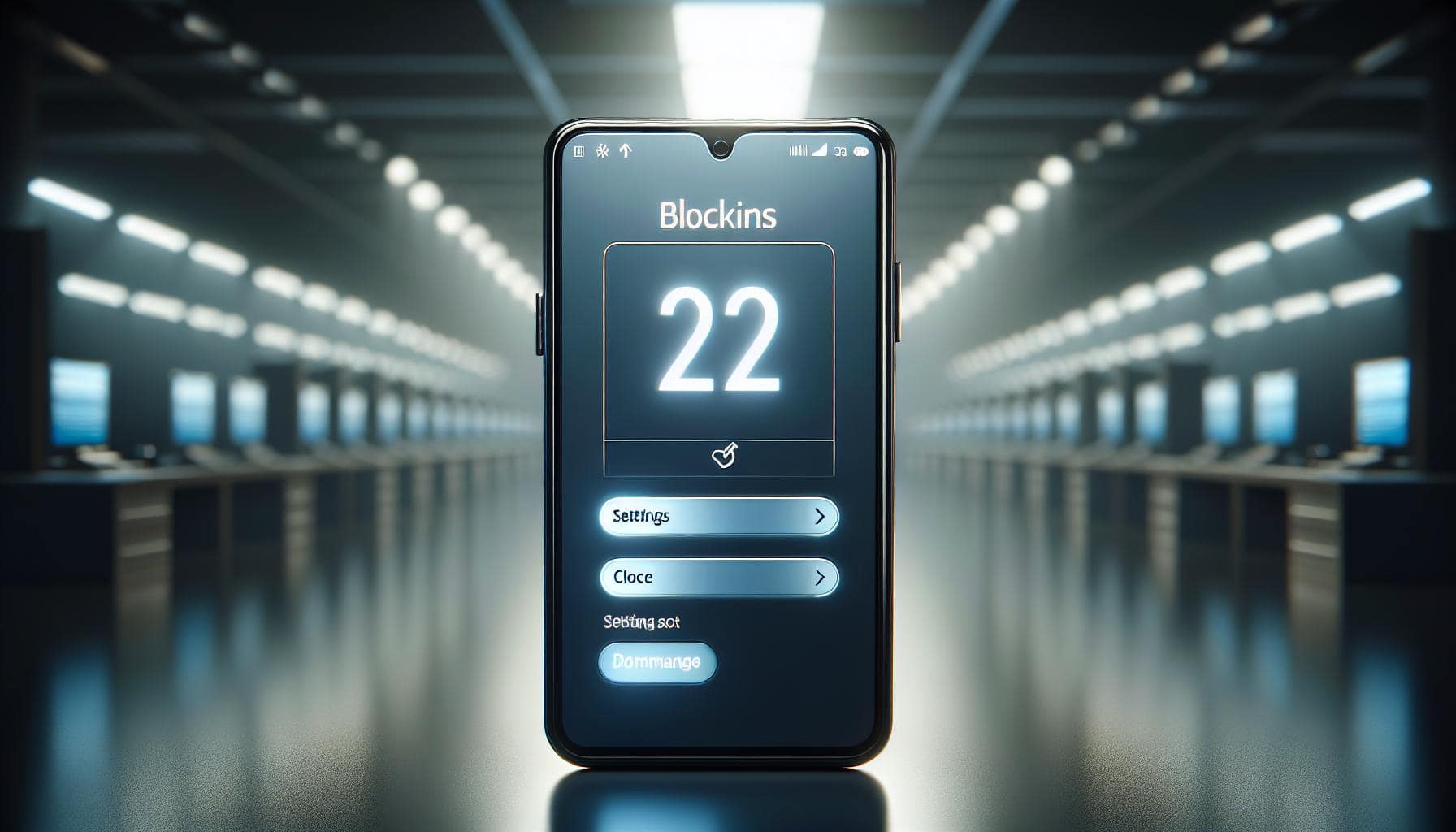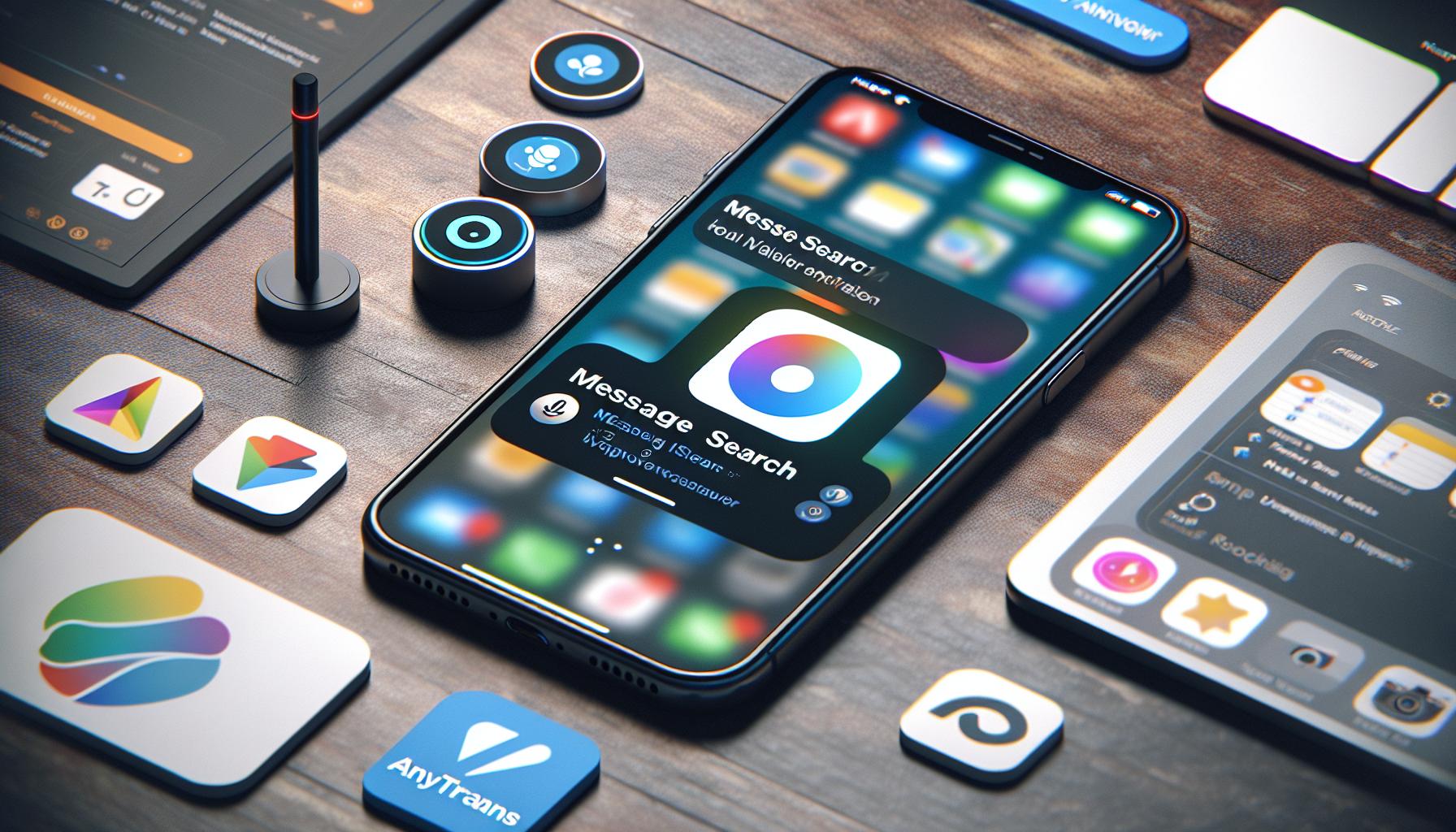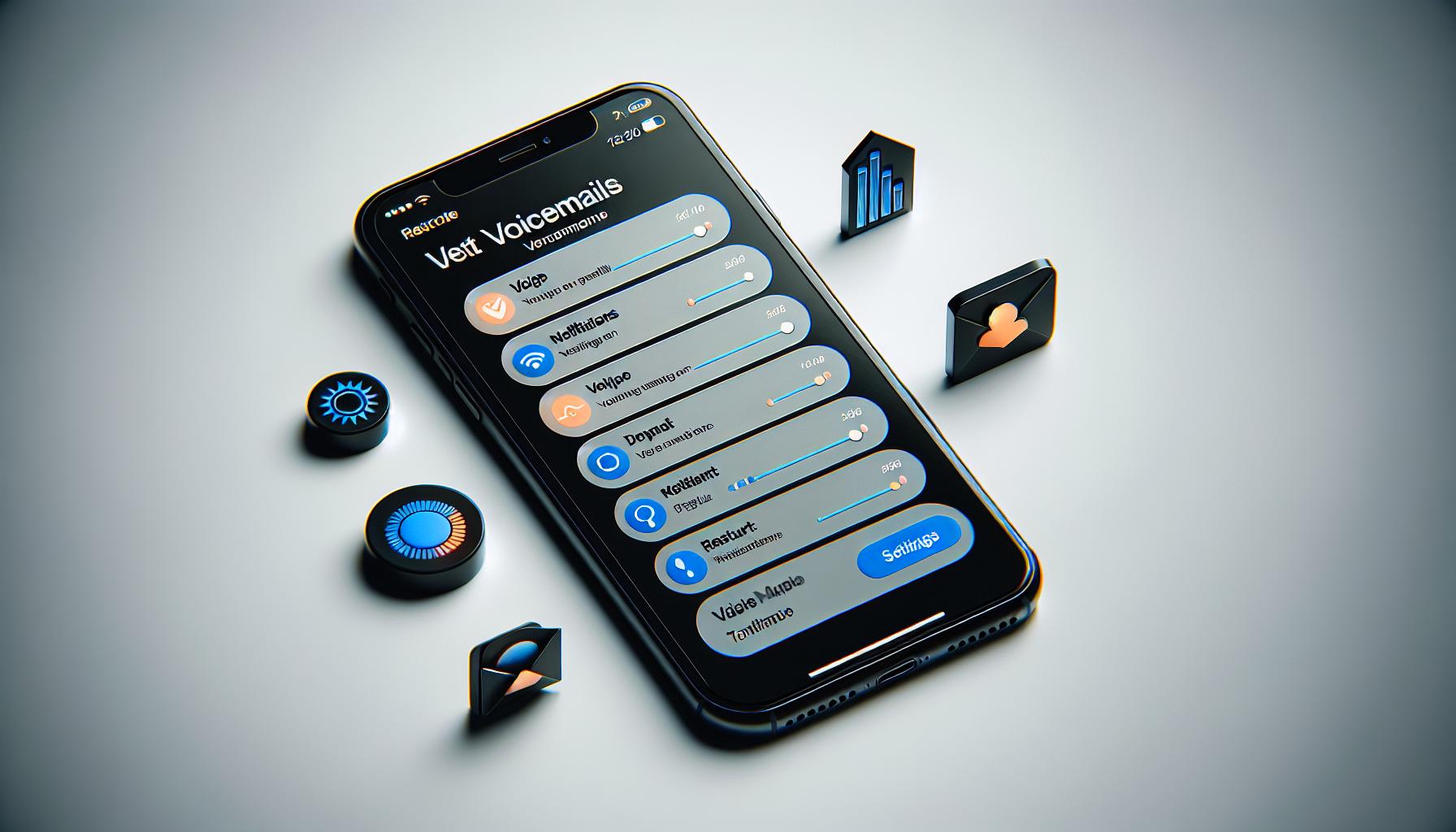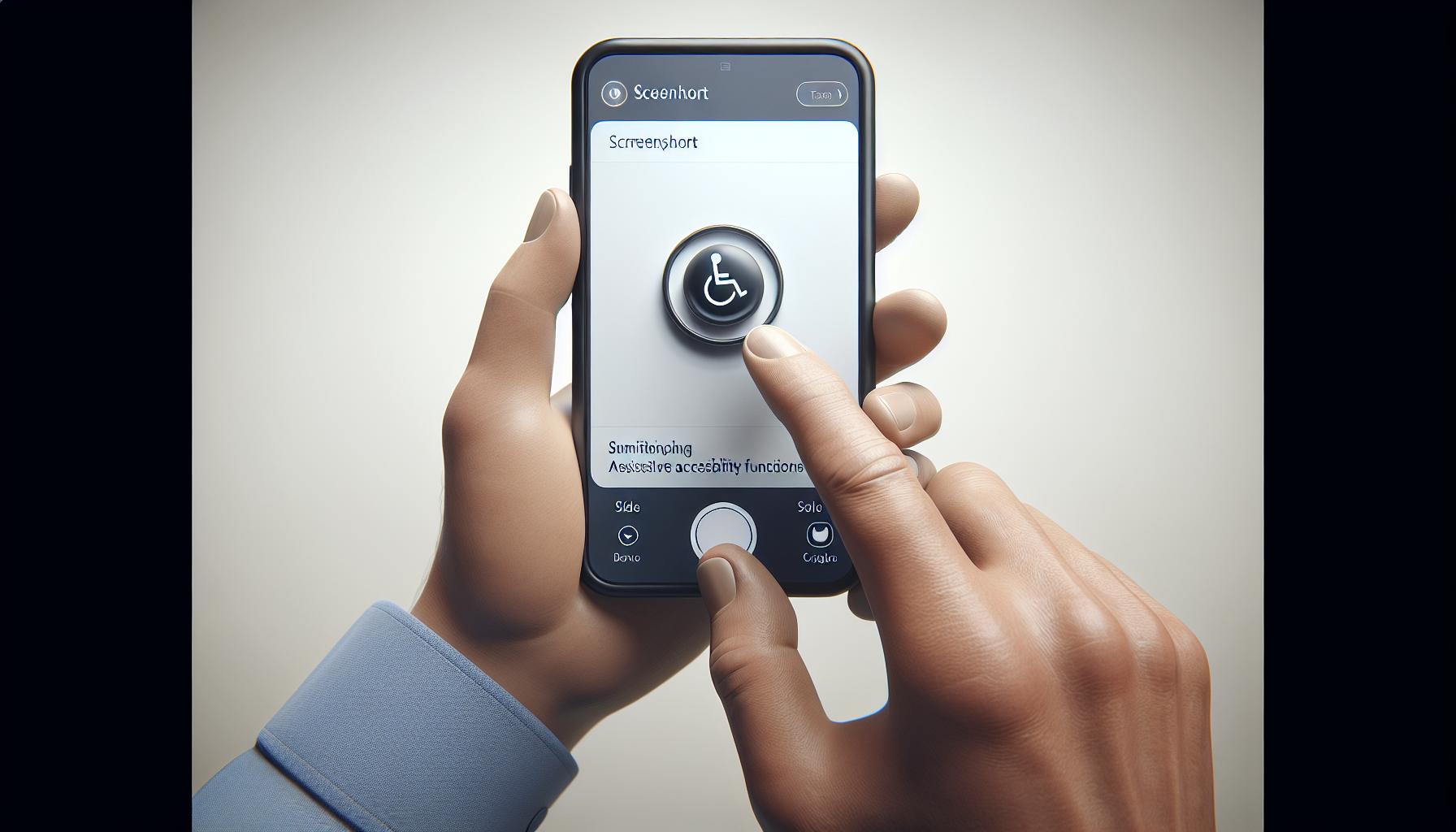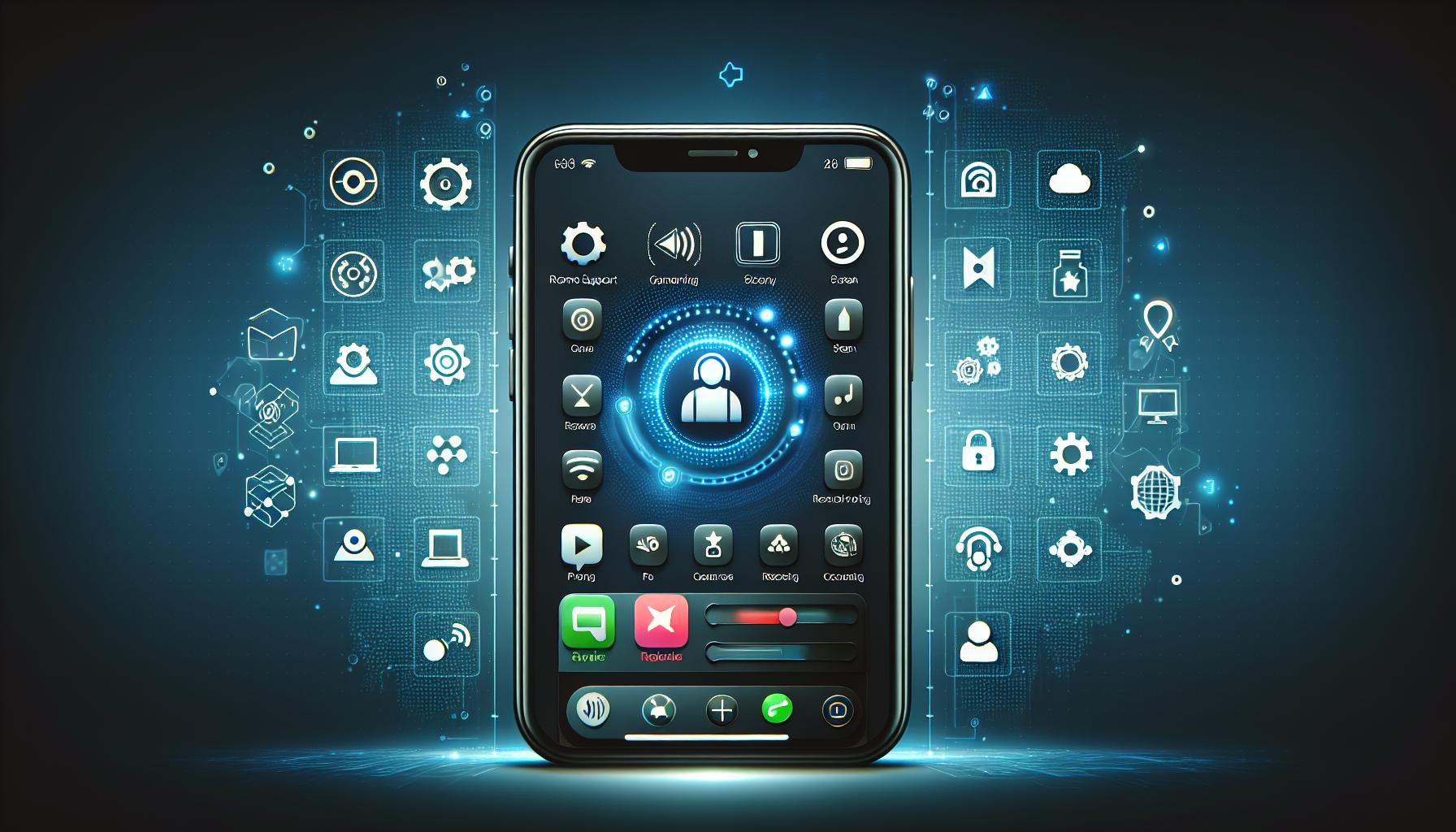Ever wanted to make a call without revealing your identity? You're not alone. Many iPhone users are searching for ways to block their number when making outgoing calls. It's a feature that's handy in numerous situations, offering a layer of privacy when you need it most.
In this guide, you'll learn how to block your number on an iPhone with ease. Whether it's for a one-time call or for all outgoing calls, we've got you covered. So, let's dive in and explore how you can take control of your privacy, right from your iPhone.
Why you might want to block your number on iPhone
In a world that's increasingly interconnected, you often find yourself needing that extra layer of privacy. Whether it's a work-related call to a client, an unexpected situation, or even a simple desire to maintain your privacy, blocking your number on your iPhone can be incredibly useful.
For instance, you could be job hunting, and you don't want potential employers to have your number just yet. Or maybe you're a real estate agent who frequently calls potential clients and wants to keep your personal number private. In any of these scenarios, blocking your number can help you maintain a professional boundary.
Consider also how many robocalls and telemarketers you come across daily. It's well known that these unwanted contacts often target numbers that have been exposed in some way or other. By blocking your number when making outgoing calls, you're adding an additional safeguard, ensuring your number isn't as readily available to these nuisance call lists.
Blocking your number also comes in handy when you're contacting a business for the first time and prefer not to share your personal number. It's a wise choice that can save you from any unwanted follow-ups or offers if your number were to be added to a contact list.
For those hesitant to block their number entirely, there's the option of blocking it for a single call. This is particularly useful when you're trying to contact someone who you know is wary of answering calls from unknown numbers. You can do your part to ensure your call doesn't end up ignored in favor of more recognized numbers.
Navigating privacy in your day-to-day interactions doesn't have to be stressful. With the simple action of blocking your number on your iPhone, you're taking a significant step towards maintaining your privacy, managing your professional relationships, and preventing unnecessary exposure.
How to block your number for a single call
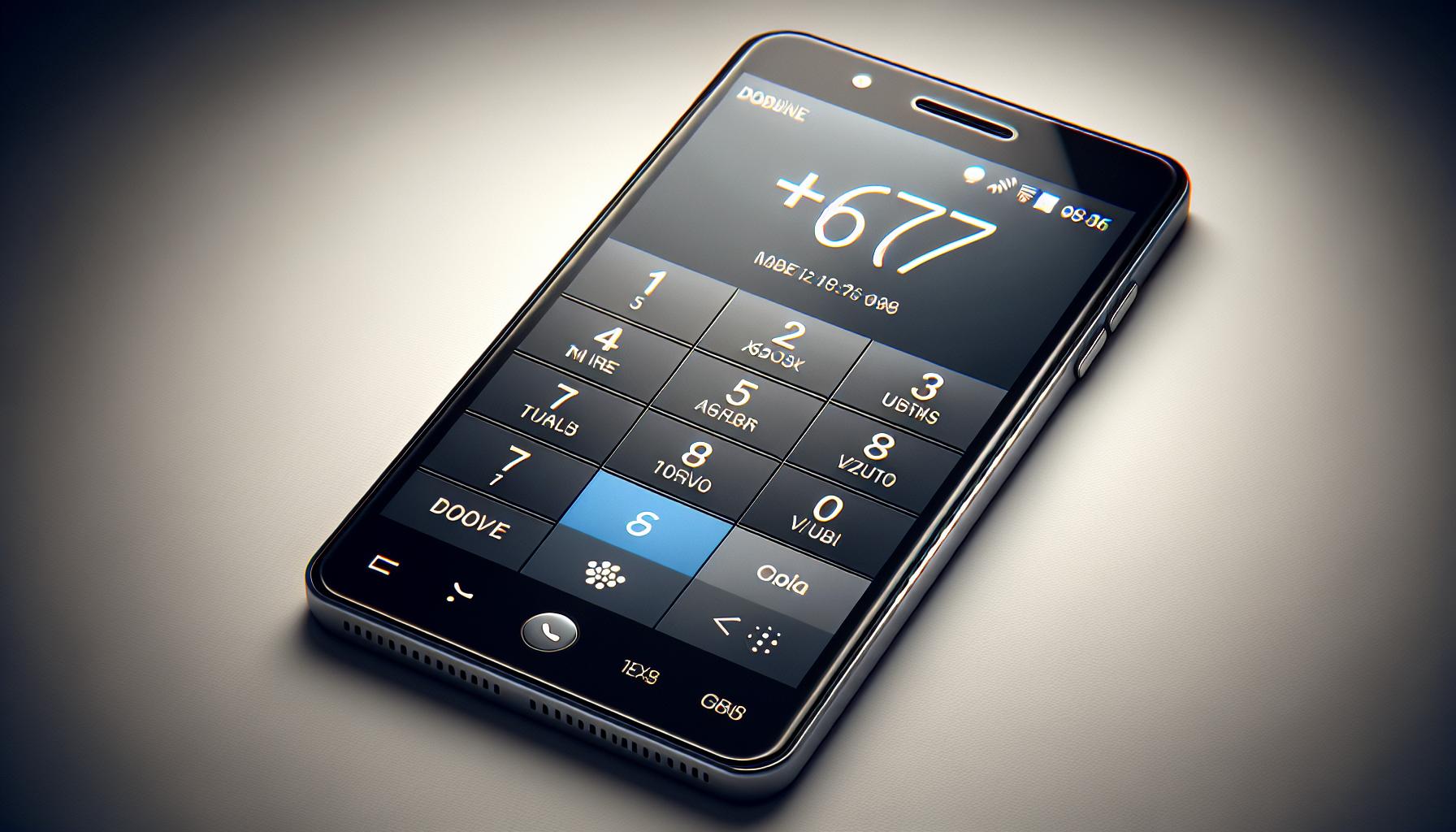
There're times when you only need to make a single call without revealing your identity. For such instances, iPhone offers a quick fix that allows you to keep your number hidden for that particular call.
Here's what you need to do:
- Open your dial pad as if you were going to make a regular call
- Before dialing the number, prefix your call with *67.
- An example would look like this: *67 followed by the number.
When you employ this solution, your number doesn't appear on the receiver's phone. Instead, it'll show as No caller ID, Unknown, or Block. This masking happens for that single call only, and your number will be visible for the next call if you don't repeat the *67 action.
This method has some limitations:
- It doesn’t work for toll-free numbers.
- Some phone lines won't accept calls from blocked numbers.
Bear in mind that this simple step doesn’t make you fully anonymous. While the person you're calling won't see your number, it can still be recorded by phone companies or used by emergency services.
By using this feature, you're gaining a certain level of privacy. Yet, it's essential to respect the other party's rights as well and use this feature responsibly. As an iPhone user, you're empowered with tools to manage your privacy. Make good use of these resources to preserve your anonymity when needed. By blocking your number for a single call, you're controlling the extent to which your personal information is shared and who has access to it.
How to block your number for all outgoing calls
When the need arises to go completely incognito, the iPhone also allows you to block your number for all outgoing calls. Isn't that reassuring? Here's how you can set it up, ensuring no one receives your number unless you want them to.
First, you'll want to head over to your Settings app. It's usually on the home screen, but if you can't find it, try using the iPhone's search functionality. Once you're in Settings, you'll want to scroll down until you see an option titled Phone. Give it a tap and you'll find yourself in the phone settings.
Under 'Calls', find the 'Show My Caller ID' option. This is your ticket to anonymity. By default, this setting is toggled to "ON", meaning your number is visible to whoever you're calling. If you want to block your number, simply switch this setting to "OFF". It's as easy as that!
From then on, all of your outgoing calls will appear as 'Private' or 'No Caller ID' on the receiver's end. This ensures your number isn't displayed, giving you an added layer of privacy. However, remember it's important to respect the preferences of call recipients; not everyone appreciates anonymous calls.
Do bear in mind that by blocking your number for all calls, certain features and functionalities like caller ID and some call forwarding options may not work as expected.
As a responsible iPhone user, you're encouraged to use this feature wisely. Despite your number being blocked, service providers can still record and know your number. In essence, this feature gives you control of your privacy but doesn't make you completely invisible.
One important tomato to squeeze here is, this method won't stop your number from showing up when dialing certain numbers, especially toll-free numbers. Service providers have kept it, so they are always reachable even though you choose to go off the grid.
Tips for using the block number feature effectively
Understanding how to use the block number feature on your iPhone isn't just about hiding your caller ID. It's so much more! It's about deploying this functionality with wisdom and respect for others. So here are some effective tips to guide you.
The first rule of the game is always respect the receiver's preference. If someone has expressed discomfort with anonymous calls, respect that space. The feature is designed to protect your privacy, not for troubling others.
You might be wondering what will happen with features like Caller ID and Call Forwarding when you block your number. There's no need to fret over it! They'll still work, but the person you're calling won't see your number. However, your carrier will always know your number. You're not completely invisible!
Be aware that not all carriers support the blocking feature. So don't be surprised if you find a lack of settings on your iPhone for this purpose. It means your service provider doesn't support the feature, so be sure to check with them.
Be cautious about who you block. If it's a frequent caller, they might feel frustrated or worried when they can't see your number. So, only block numbers when it's absolutely necessary.
It's also important to note that the number blocking feature isn't a one-size-fits-all solution. It'll block your number for all outgoing calls until you change the settings. You can always toggle the "Show My Caller ID" feature back to "ON" when you need to.
These tips should help you use the feature more effectively. Remember, the block number feature on the iPhone, while providing a layer of privacy, shouldn't be misused. It's there to help you maintain your privacy in situations where you feel it's necessary.
Common misconceptions about blocking your number on iPhone
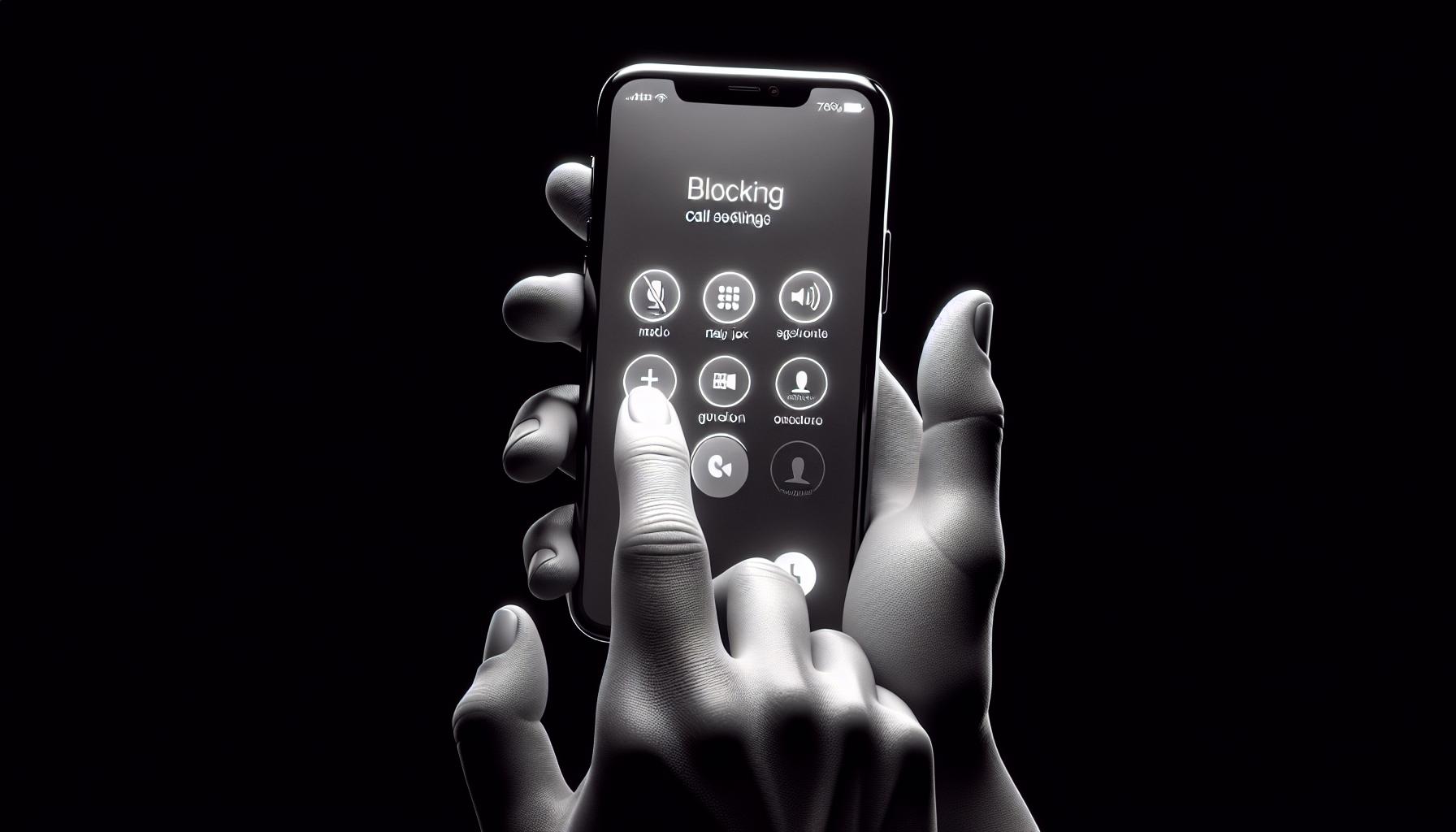
In your quest to navigate the waters of iPhone's call privacy, it's vital to know the truth behind prevailing misconceptions. There are widely held but misguided beliefs when it comes to the process and implications of blocking your number. Let's dispel some of these myths and arm you with the correct information.
A common fallacy is that blocking your number guarantees complete anonymity. While blocking your number can protect your identity from ordinary users, it doesn't make you entirely untraceable. For instance, emergency services and law enforcement agencies can always identify your number even if it's blocked.
Another prevalent misunderstanding is that once you block your number, it stays blocked for all your calls. In reality, the iPhone gives you the flexibility to unblock your number for certain calls, but it does require you to manually alter the settings each time.
You might believe that blocking your number affects your call quality - another myth that couldn't be farther from the truth. The quality of your calls has nothing to do with whether your number is blocked or not. It's influenced by factors such as your carrier's network strength and bandwidth.
Don't fall for the legend that says blocked numbers are exempt from charges. While the receiver won't know who's calling, your carrier does. Rest assured, any costs associated with making calls will still apply even if your number is blocked.
Here's a popular yet wrong belief: all carriers support the number-blocking feature. The feature can vary across different service providers. Always check with your carrier to understand the extent of call privacy you can avail of from their end.
Remember, amidst the ocean of information out there, it's critical to sift the chaff from the grains! Equip yourself with the right knowledge and make an informed decision about blocking your number.
Conclusion
So, you've learned the ins and outs of blocking your number on an iPhone. It's crucial to remember that this feature should be used responsibly, respecting the preferences of those you're calling. Keep in mind that while Caller ID and Call Forwarding will still function, your number won't be visible to the person you're contacting. Not all carriers support this feature, so it's always a good idea to check with your service provider first. And remember, blocking your number doesn't mean complete anonymity or a permanent block for all calls. It won't affect your call quality, exempt you from charges, or guarantee universal support from all carriers. With this knowledge, you're now equipped to make informed decisions about when and how to block your number on your iPhone.
How can I effectively use the block number feature on my iPhone?
You can use the block number feature by navigating to the 'Phone' app, selecting 'Recents or Contacts', choose the number you want to block, scroll down and tap 'Block this Caller'. Remember to respect the preferences of call recipients and only use this feature when necessary.
Does Caller ID and Call Forwarding work when my number is blocked?
Yes, Caller ID and Call Forwarding will still work as intended. However, the person you're calling won't be able to see your number.
Can all carriers support the block number feature on an iPhone?
No, not all carriers support the blocking feature. It's essential to check with your service provider regarding this feature.
Can I permanently block my number for all outgoing calls?
No, blocking your number does not permanently hide your number for all outgoing calls. It just hides your number when you are calling the specific contact that you have blocked.
Does blocking my number affect call quality?
No, blocking your number does not impact the call quality. It merely prevents your number from being visible to the person you are calling.
Will I be charged for calls even if my number is blocked?
Yes, you are still responsible for call charges even when your number is blocked. Blocking your number only hides it from recipients, not from your carrier.
Does my iPhone's block number feature provide complete anonymity?
No, blocking your number on your iPhone does not provide complete anonymity. While the recipient will not see your number, authorities can still access it if needed.
Is the block number feature supported universally by all carriers?
No, the block number feature is not universally supported by all carriers. It's advised to check with your service provider to see if they support this feature.
